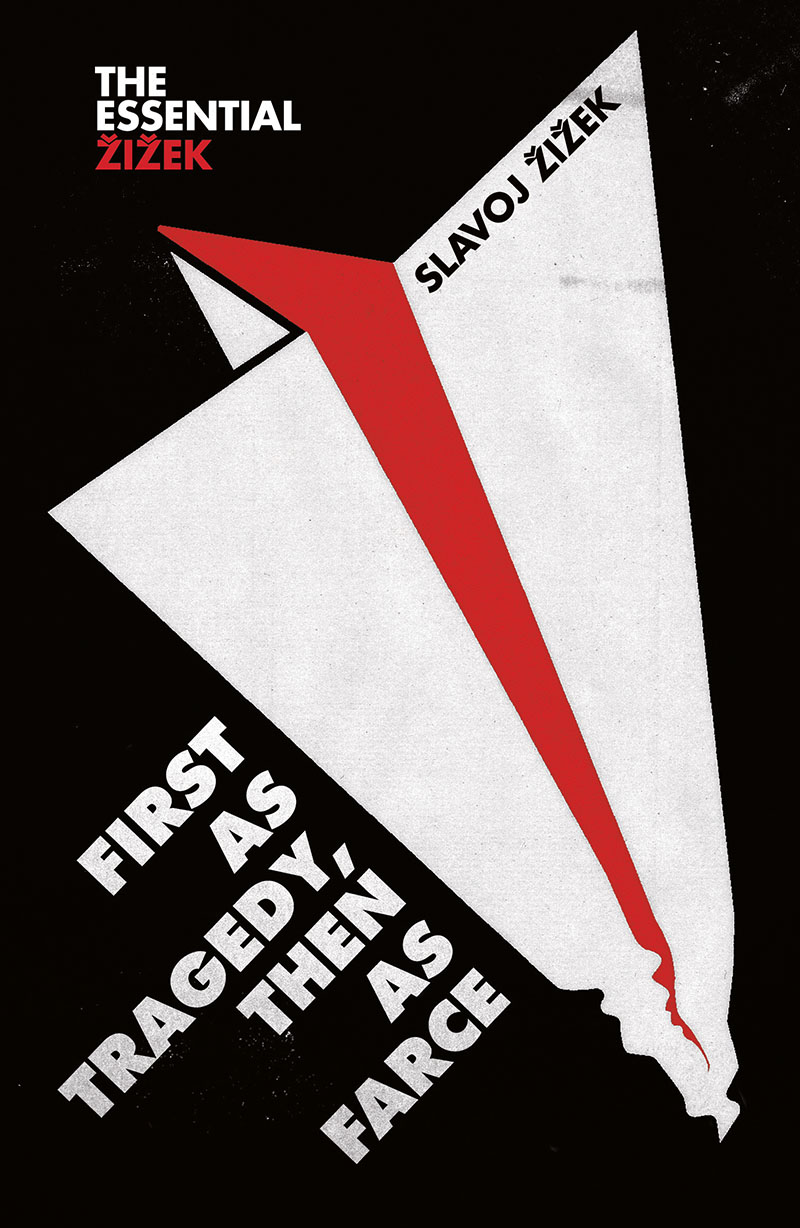In Defense of Lost Causes
Verso, $39.95 pb, 530 pp
The day after capitalism
In the chapter ‘Revolutionary Terror’ in In Defense of Lost Causes (2008), world-renowned Lacanian theorist Slavoj Žižek briefly discusses Georgi M. Derluguian’s Bourdieu’s Secret Admirer in the Caucasus (2005). Derluguian’s book traces the extraordinary career of one Musa Shanib, from Abkhazia on the Black Sea, who moved from being a Soviet dissident to a democratic political reformer and, finally, a Muslim fundamentalist, all the while maintaining an unwavering intellectual loyalty to the great French sociologist Pierre Bourdieu.
Naturally, as Žižek recognises, it is easy for privileged Westerners to be fascinated by or patronisingly amused by someone from such a backwater claiming allegiance to a master from a cultural capital like Paris. As he writes, ‘What a strange choice, Bourdieu – who knows what this folkloric guy sees in Bourdieu?’ But Žižek’s point is that it is precisely only from such different perspectives, only through such cultural and geographical dislocations, that we are able to see what is valid about Bourdieu’s work. It is only through the hard labour of someone like Shanib trying to apply it to his own particular circumstances that we can discover what is truly universal about Bourdieu’s work.
Reading this passage, of course, it is hard not to think of Žižek himself. For it seems nothing less than a miracle that the obscure teachings of the French psychoanalyst Jacques Lacan found their greatest explicator in the ‘folkloric’ person of someone like Žižek. It appears almost impossible to explain how, in the small, backward, almost ‘oriental’ state of Slovenia under the communist rule of the Socialist Republic of Yugoslavia, an intellectual revolution started in the mid-1970s that some twenty years later would sweep the West, leading to the overthrow of the deconstruction, post-colonialism, and political correctness that dominated academic discourse throughout the 1980s and 1990s. Now Žižek, along with the Frenchman Alain Badiou, has almost singlehandedly brought back not only psychoanalysis and Marxism but, less abstractly, arguments for universality as opposed to multicultural plurality and for violent revolution and the capture of the civil state, as opposed to ironic subversion and passive resistance.
Continue reading for only $10 per month. Subscribe and gain full access to Australian Book Review. Already a subscriber? Sign in. If you need assistance, feel free to contact us.












Leave a comment
If you are an ABR subscriber, you will need to sign in to post a comment.
If you have forgotten your sign in details, or if you receive an error message when trying to submit your comment, please email your comment (and the name of the article to which it relates) to ABR Comments. We will review your comment and, subject to approval, we will post it under your name.
Please note that all comments must be approved by ABR and comply with our Terms & Conditions.